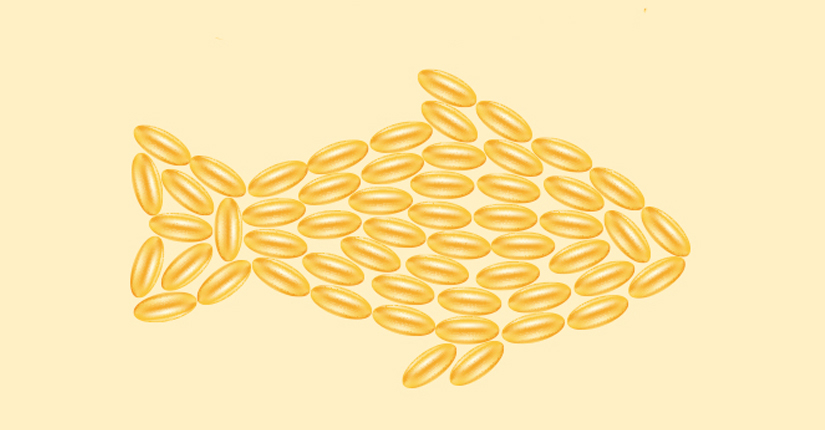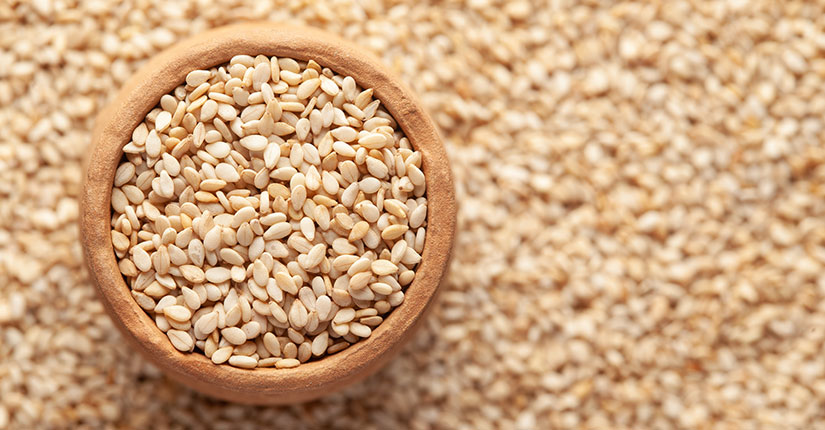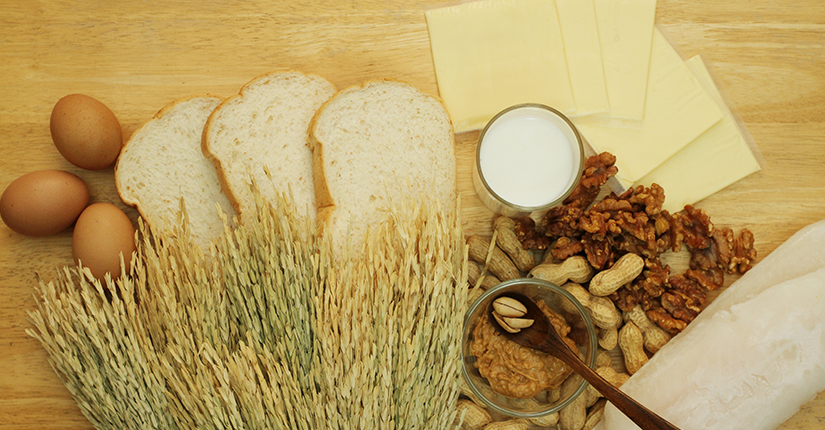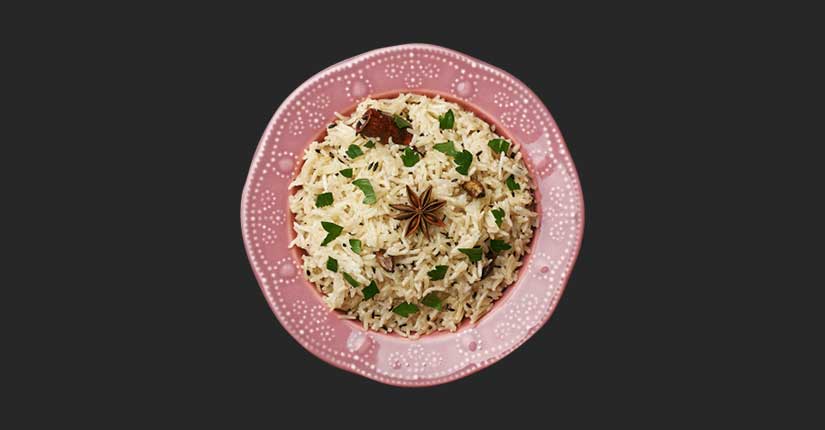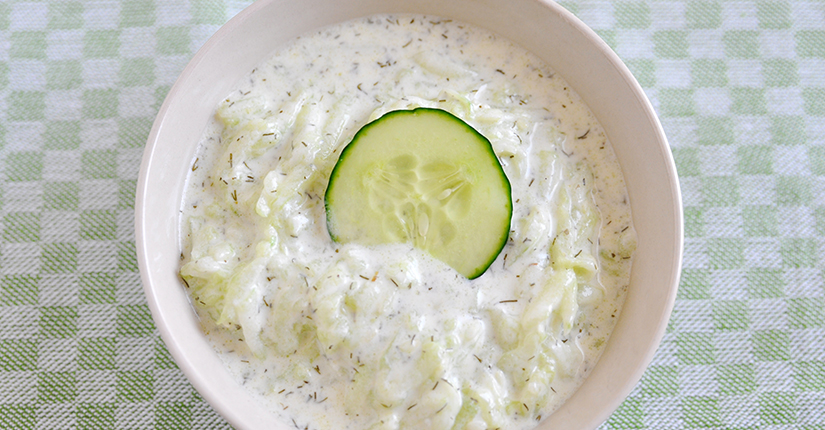5 Dietary Tips for Management of Dengue Fever
By Nmami Agarwal 16-May 2020 Reading Time: 4 Mins
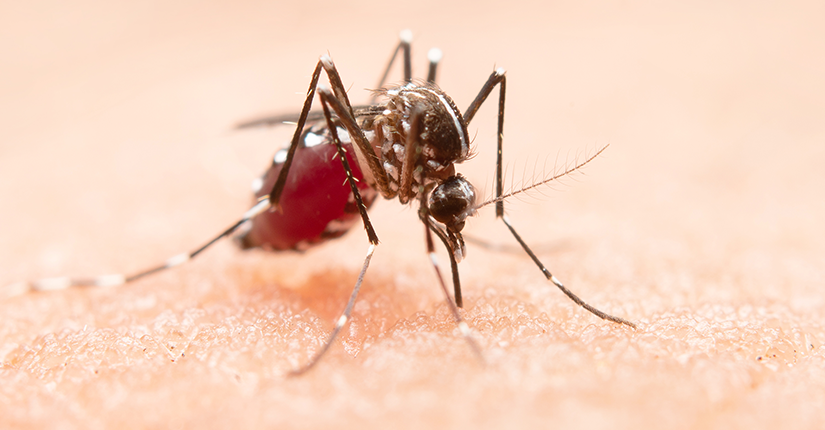
Dengue is a mosquito-borne viral infection and is transmitted through the bite of the female mosquito (Aedes aegypti). It shows severe flu-like symptoms and, sometimes possibly causes severe dengue. The complete life cycle of dengue fever virus includes the role of mosquito as a transmitter (or vector) and humans as the main victim and source of infection.
Symptoms of dengue fever:
Mild symptoms of dengue can be confused with other flu-like illnesses. The most common symptoms of dengue fever are as follows:
- Nausea, vomiting
- Rash
- Loss of appetite
- Fatigue
- Aches and pains (eye pain, typically behind the eyes, muscle, joint, or bone pain)
Low platelets count is observed. Symptoms of dengue can last for 2–7 days. Generally people will recover after about a week.
It is advised to eat light for better digestion. Your diet influences your progress of recovery from dengue. Here are some dietary guidelines which you can follow to recover from dengue:
- Drink fluids as much as possible – like lemon water, fresh fruit juices, soups, fresh coconut water. Oral- rehydration therapy (Oral rehydration solution) is best to overcome weakness and bring the fever down.
- Since the platelets are low, many studies have indicated that the juice of the leaves of the Carica papaya plant from the family Caricaceae could help to increase the platelet levels in dengue patients. Thus, the extract of two fresh crushed papaya leaves and Giloy leaf extract can be given to the patient and is considered a good home remedy for the treatment of dengue fever.
- Eat plenty of green leafy vegetables in the cooked form. Avoid fried, spicy & fried foods and processed foods as much as possible
- Due to loss of appetite, the diet should be simple and non-spicy, nutritionally dense foods should be added in the diet like khichdi or dalia, porridge, dal, rice, suji can be given. To enhance the flavour of food one can add fresh herbs like basil, tulsi, coriander, garlic, ginger & lemon. These herbs will help develop taste and tulsi, ginger will increase immunity. If the condition is severe, the person should be kept on a liquid or semi-solid diet initially, as prescribed by the doctor.
- To build up immunity it is important to have a well-balanced diet consisting of all food groups and nutrients. Vitamin C is essential to boost immunity. Consume good amounts of all kinds of fruits, especially citrus fruits like kiwi, oranges and berries.
Over to you
Above all, take necessary required precautions to maintain proper hygiene to keep the surroundings and environment clean. Avoid stagnated water and clear or discard containers which could possibly hold or collect stagnant water or keep it covered all the time. Also, use mosquito repellents and wear fully covered clothes. Burn neem leaves or camphor to keep mosquitoes at a bay.
It is advisable to not only depend on home remedies but consult a doctor as well and keep checking platelet count by taking regular blood tests.

